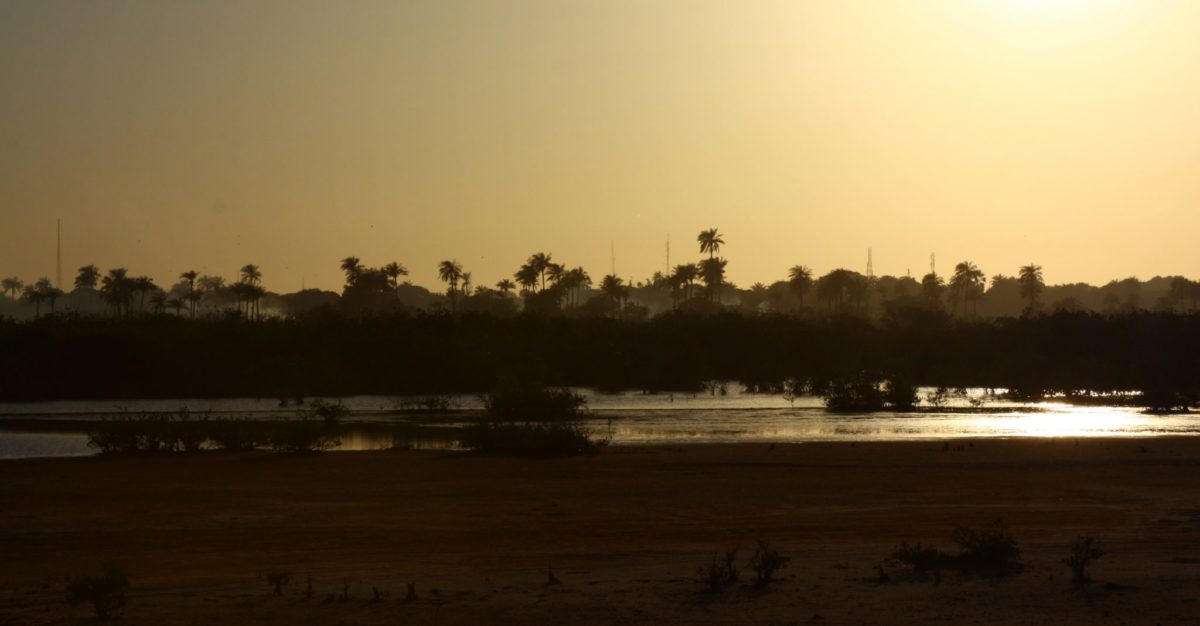Gambia’s National Water and Electricity Co. (NAWEC) is seeking consultants to conduct detailed energy and water audits of its water supply, distribution, and treatment systems in Banjul.
In the request for expression of interest document, the utility said that the selected consultants will have to assess and recommend opportunities to improve energy efficiency and load management. They will also need to look at ways to deploy a range of renewable energy options, including floating solar, rooftop PV, and solar pumps.
The state-owned company said that powering part of its water operations with solar will reduce the amount of electricity it needs to draw from its own power system. The winning consultants will need to identify the most energy-intensive equipment and processes and their specific energy consumption. In addition, they will need to look at ways to develop a detailed baseline of historical energy consumption and peak loads, while also considering equipment inventories and the technical characteristics of pumps, energy use, and peak loads for each of its major facilities.
“The consultants shall identify the peak electricity demand periods of NAWEC and estimate the benefits to the NAWEC Electricity system shifting pumping operations to off-peak periods,” the utility stated. “The consultants shall identify options for load shifting to off-peak periods including increasing reservoir capacity, and other actions to facilitate the shifting of the water pumping timings.”
The company is holding the tender with the support of the World Bank, under the auspices of the Gambia Electricity Restoration and Modernization Project, which was launched in 2018.
NAWEC launched a tender last year for a 20 MW solar project in the greater Banjul area. The solar project will be built on a 23-hectare plot of land allocated by the Ministry of Lands and Regional Governments and will include up to four PV plants ranging in size from 3 MW to 6 MW. In September, the West African Power Pool of the Economic Community of West African States also issued two tenders for consultants to develop a 150 MW solar plant that could be linked to energy storage.
Gambia had just 2 MW of installed solar capacity at the end of 2019, according to the International Renewable Energy Agency (IRENA). Its 2 million people can call upon just 102 MW of total power generation capacity. The Gambian electricity network mainly consists of minigrids, which the government hopes to improve by transforming into hybrid facilities with renewables generation.
In 2013, Gambia introduced a Renewable Energy Act to promote clean energy, as it has an electricity access rate of just 35%.
This content is protected by copyright and may not be reused. If you want to cooperate with us and would like to reuse some of our content, please contact: editors@pv-magazine.com.




1 comment
By submitting this form you agree to pv magazine using your data for the purposes of publishing your comment.
Your personal data will only be disclosed or otherwise transmitted to third parties for the purposes of spam filtering or if this is necessary for technical maintenance of the website. Any other transfer to third parties will not take place unless this is justified on the basis of applicable data protection regulations or if pv magazine is legally obliged to do so.
You may revoke this consent at any time with effect for the future, in which case your personal data will be deleted immediately. Otherwise, your data will be deleted if pv magazine has processed your request or the purpose of data storage is fulfilled.
Further information on data privacy can be found in our Data Protection Policy.